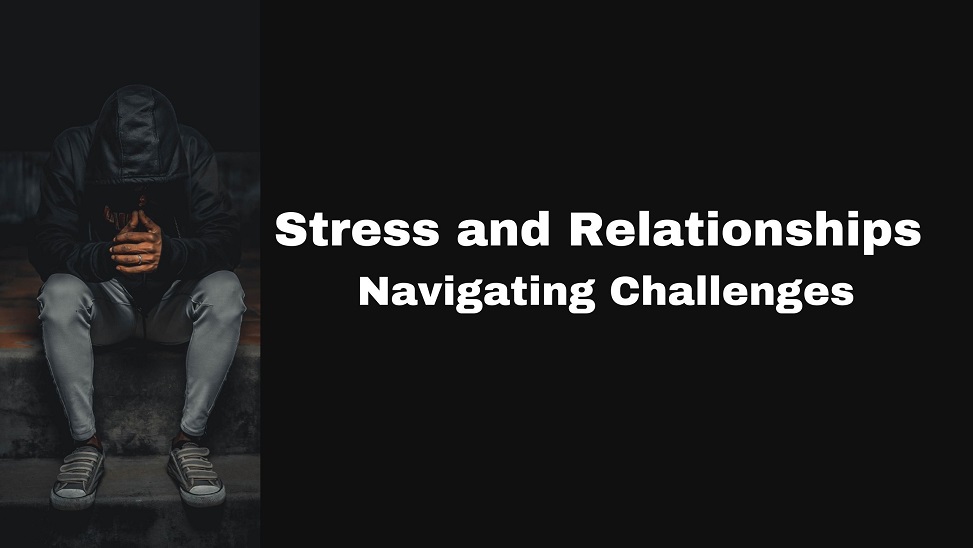Stress and Relationships: Navigating Challenges
Stress is an inevitable part of life and can significantly impact our relationships. Whether it’s a romantic partnership, friendship, or family bond, stress has the potential to strain connections and create challenges.
However, with effective communication, empathy, and collaboration, navigating through these challenges and even strengthening relationships in the process is possible.
This post explores the impact of stress on relationships and offers insights into navigating these challenges while fostering resilience and understanding.
The Impact of Stress on Relationships
Stress can manifest in various ways, and its effects on relationships can be profound:
Communication Breakdown: Stress often leads to misunderstandings and miscommunication. Individuals under stress may become irritable, defensive, or withdrawn, making it difficult to express thoughts and feelings clearly.
Increased Conflict: Stress can escalate conflicts and disagreements. High levels of stress may amplify emotional responses, leading to arguments that would otherwise be less intense.
Emotional Distance: When individuals are overwhelmed by stress, they may withdraw emotionally from their loved ones. This emotional-distance can create a sense of disconnect and isolation within the relationship.
Lack of Quality Time: Stressful circumstances can lead to reduced availability for spending quality time together. This lack of bonding time can strain the emotional connection.
Navigating Stress in Relationships
Open and Honest Communication
Communication is the base of any successful relationship. Be open about your stressors and challenges. Share your feelings & concerns with your partner, friend, or family member. Transparent communication can foster understanding and empathy.
Empathy and Active Listening
Listen actively to the other person’s thoughts and feelings. Practice empathy by trying to understand their perspective and emotions. Validation and support can go a long way in alleviating stress-related tensions.
Set Boundaries Together
Work together to establish clear boundaries regarding expectations and responsibilities. Define what support looks like during stressful times and respect each other’s needs for space and self-care.
Collaborate on Problem-Solving
Approach stressors as a team. Collaborate on finding solutions and strategies to manage stress together. Problem-solving together can strengthen your bond and create a sense of unity.
Quality Time
Prioritize quality time, even amid stress. Dedicate moments to connect, whether it’s through shared activities, meaningful conversations, or simply spending time together.
Practice Patience
Remember that stress can affect each person differently. Be patient with one another’s reactions and emotions. Avoid unnecessary judgment or blame.
Practice Stress-Reduction Techniques Together
Engage in stress-relief activities together, such as practicing mindfulness, taking walks, or engaging in hobbies. These activities can promote relaxation and strengthen your connection.
Celebrate Small Victories
Acknowledge and celebrate each other’s achievements and small victories. Positive reinforcement can boost morale and remind you that you’re a supportive team.
Seek Professional Help
If stress negatively impacts the relationship, consider seeking couples’ counseling or therapy. A professional can provide tools to enhance communication and manage stress collectively.
Conclusion
Stress can put relationships to the test, but it also offers an opportunity for growth and connection.
You can navigate stress’s challenges by fostering open communication, practicing empathy, setting boundaries, and collaborating on problem-solving while strengthening your relationships.
Remember that both parties play a role in creating a supportive and understanding environment.
By facing stress together, you build resilience as a team and create deeper bonds that can weather the storms of life.
Thanks for visiting How To Cure Stress

